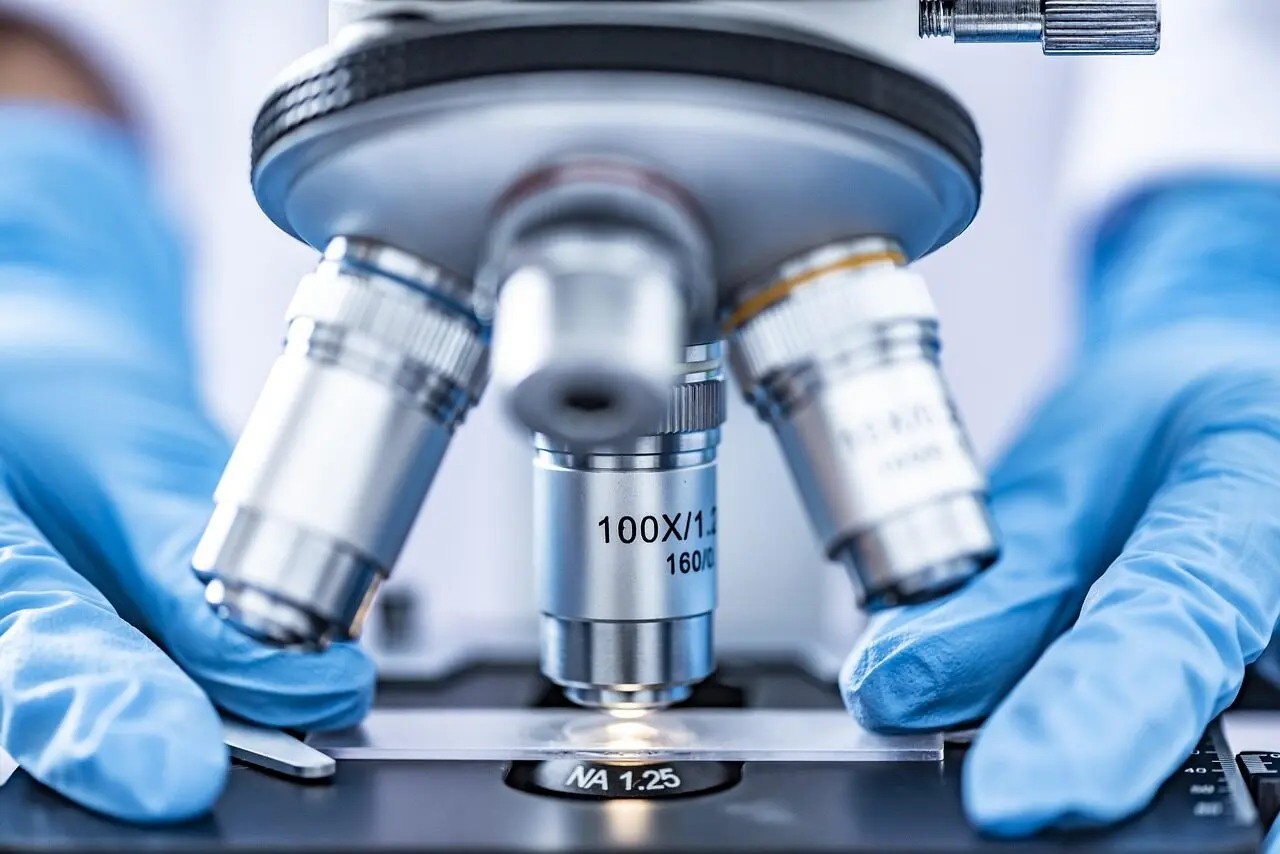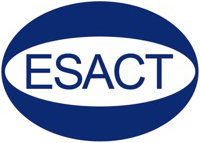
Mission, Goals and Scientific Interests
Our mission: To create a scientific network for professional dialogue, knowledge exchange and continued learning and development opportunities
Mission, Goals and Scientific Interests
The European Society for the Advancement of Cell Technology was founded in 1976 to create a forum for the exchange of ideas on biological and engineering techniques to promote the application of human and animal cells for example to the manufacturing of products that would benefit humanity.
Today, ESACT has developed into a large society which, as originally intended, brings together academic and industrial scientists, students, engineers and other specialists working with animal cells
- to promote exchange of ideas and experiences amongst ESACT members
- to advance the development of cell-based systems
- to enhance scientific understanding of cellular processes and
- to broadly apply these insights for example to produce protein-based or advanced therapy medicinal products for treatment of patients.
Goals
We aim to engage scientists and engineers. Across different disciplines, in academic, medical and industrial R&D and production, at applied science institutions and universities, in the medical services, in industry, and in the political and regulatory bodies.
ESACT actively encourages interactions between academia, governmental and policy making agencies and the manufacturing and service industries.
From the start, the key element to fulfill these goals has been to organize the bi-annual ESACT Meeting. To date, 28 ESACT Meetings have been held with great success at locations all over Europe. The conferences are attended by up to a thousand participants including academic researchers, scientists from the biopharma and biotech industry, life science suppliers of equipment and raw materials, and regulatory experts from all over the world (see Activities for more information).
In addition, over the past 15 years our society has offered annual theoretical and practical courses run by voluntary academic and industry expert teachers on multiple topics relevant to the advancement of cell technology (see Activities for more information).
Scientific Interests
ESACT focuses on all topics related to the application of animal cells, starting from physiology, the initial genetic study of cells and a metabolic understanding of cellular processes including cellular communication and differentiation, through to production process development and validation, product characterization and manufacturing, regulatory issues for product release and approval, to the efficacy, safety and application of the final product.
Range of ESACT’s interests:
- Insights in cellular genetics and metabolic processes
- Glycosylation mechanisms and engineering options
- Optimization/enhancement of the biochemical and physiological cell behavior
- Generation, characterization and release of cell lines producing recombinant proteins such as antibodies and other biotherapeutic proteins
- Process upstream and downstream design, optimization, scale-up and technology transfer
- Generation and characterization of cell and gene therapy products
- Tissue engineering
- Biomedical devices
- Cells as tools for product discovery and testing
- Replacement of animals in testing and research
- In-vitro production of cultured meat

ESACT Office
Ms. Alexa Stümpke & Ms. Manon Lepinske
Remember Management GmbH
Phone: +49 30 47 37 25 77
gro.tcase@eciffo
